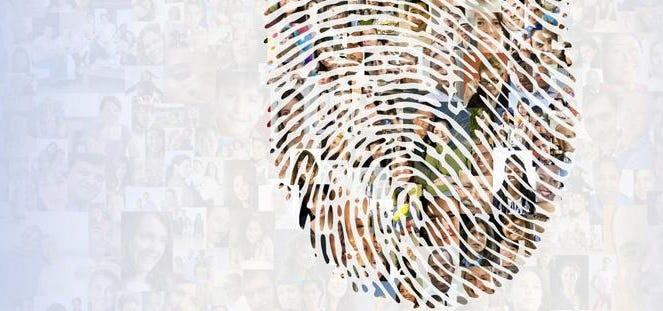
International cooperation on artificial intelligence—why, what, and how
Since 2017, when Canada became the first country to adopt a national AI strategy, at least 60 countries have adopted some form of policy for artificial intelligence (AI). The prospect of an estimated boost of 16 percent, or US$13 trillion, to global output by 2030 has led to an unprecedented race to promote AI uptake across industry, consumer markets, and government services. Global corporate investment in AI has reportedly reached US$60 billion in 2020 and is projected to more than double by 2025.
At the same time, the work on developing global standards for AI has led to significant developments in various international bodies. These encompass both technical aspects of AI (in standards development organizations (SDOs) such as the International Organization for Standardization (ISO), the International Electrotechnical Commission (IEC), and the Institute of Electrical and Electronics Engineers (IEEE) among others) and the ethical and policy dimensions of responsible AI. In addition, in 2018 the G-7 agreed to establish the Global Partnership on AI, a multistakeholder initiative working on projects to explore regulatory issues and opportunities for AI development. The Organization for Economic Cooperation and Development (OECD) launched the AI Policy Observatory to support and inform AI policy development. Several other international organizations have become active in developing proposed frameworks for responsible AI development.
